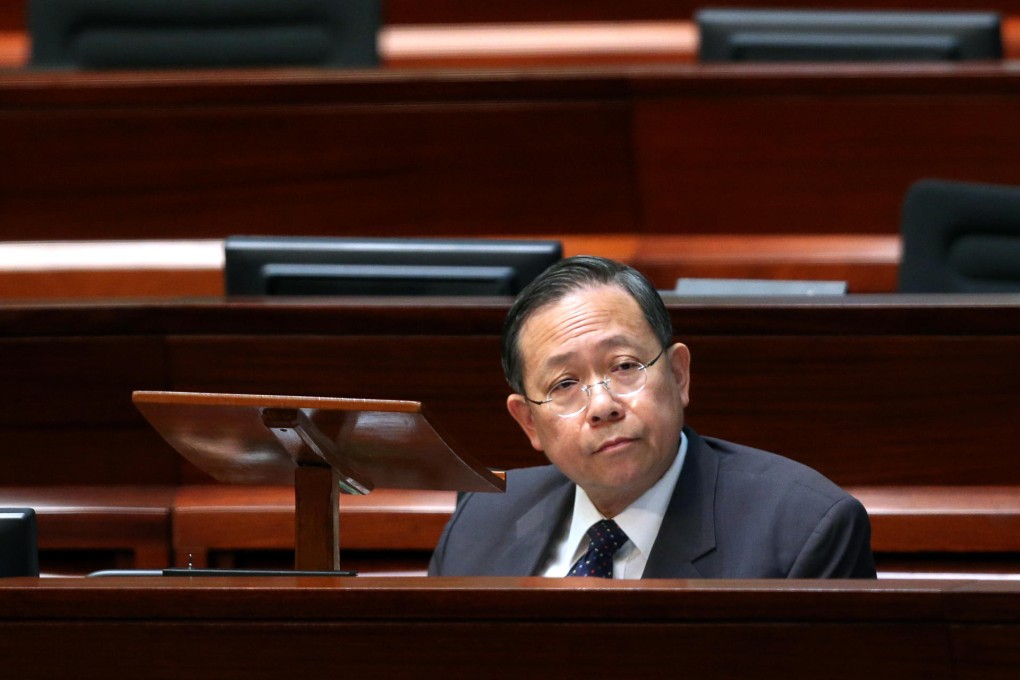Hong Kong's security chief orders around-the-clock protection for data network
Security chief assures lawmakers that steps are being taken 'around the clock' to protect central internet system from espionage

Hong Kong's security chief yesterday said police had checked the city's central hub for internet traffic after whistle-blower Edward Snowden had revealed that it was a target for cyberspying by a US intelligence agency.
Secretary for Security Lai Tung-kwok, who appeared in Legco to answer lawmakers' questions on the matter, assured them the government had set up round-the-clock monitoring of the Hong Kong Internet Exchange (HKIX) at Chinese University.
The security chief was trying to placate a worried public following Snowden's claims in the media that US agencies have carried out hundreds of cyberspying operations in Hong Kong.
Meanwhile, security experts on the mainland said that hacking by US government organisations like the National Security Agency was almost impossible to defend against or detect.
A leading expert in Shanghai said the tools and methods used by these organisations were much different from those used by individual hackers. He and other experts suspect that the US agents use a secret "back door" installed in the main router chips or other hardware to carry out electronic intrusions.
A back door is an additional, undocumented feature deliberately built into a chip or device. They are mostly used by the chipmaker for legitimate maintenance but also allow those with the key to secure illegal local or remote access to a computer or network.
The experts said if Snowden's claims were proved to be true, the information he had would be "very valuable" to Beijing as it could be analysed to identify possible weak links in the networks.